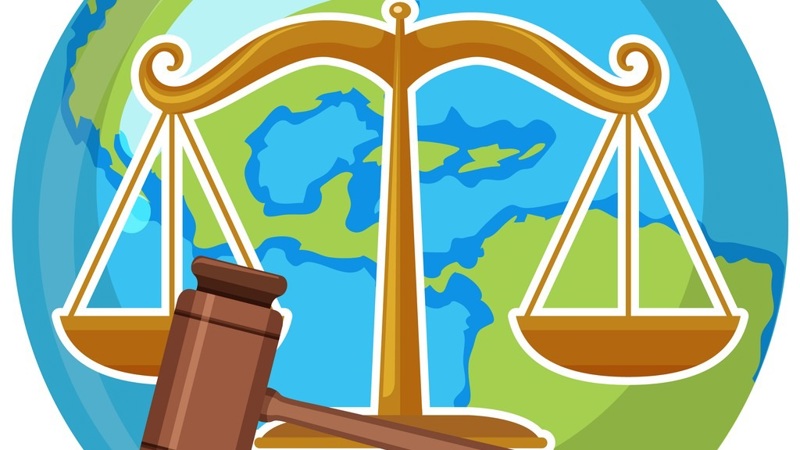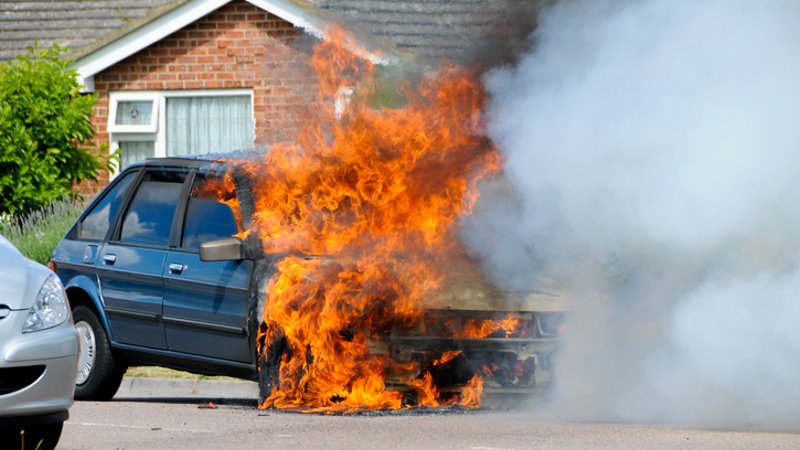Death claims after workplace accident; what are the employer’s responsibilities?
November 2024
The port of Rotterdam is the largest port and industrial complex in Europe. It consists of various harbor basins and industrial sites that facilitate the supply, removal and transshipment of goods for further transport to the hinterland. The port generates employment of more than 500,000 people across the Netherlands.
A significant portion of the work involves high-risk situations, and unfortunately accidents, sometimes fatal, do occur. A death not only brings immense grief to the surviving relatives but also leads to financial consequences. The employer or their liability insurer may face a claim from the deceased's next of kin. Calculating death-related damages can be complex. Therefore, it is advisable for both the next of kin and the employer to seek expert advice to handle such claims appropriately.
Examples of fatal accidents in the port include collisions with work equipment, falls from great heights, crashes, or a snapped crane line. In practice, we frequently see employers and insurers dealing with death claims from the next of kin of deceased employees. This blog briefly discusses such claims.
Article 6:108 of the Dutch Civil Code (DCC)
The legal foundation for next of kin to claim damages is outlined in Article 6:108 DCC
Article 6:108 DCC has a restrictive and exclusive scope. This means that only the beneficiaries mentioned in the article are entitled to compensation for the specified types of damages, which are:
a. Loss of living expenses (Article 6:108, para. 1, DCC);
b. Funeral expenses (Article 6:108, para. 2, DCC);
c. Non-material damages, or “affection damages” (Article 6:108, para. 3, 4, 6, DCC).
Loss of living expenses
If the next of kin were financially dependent on the deceased employee, for example because the deceased was the primary earner, they can claim loss of living expenses from the employer. This is a complicated issue. The fundamental principle is that the next of kin should be able to maintain the same standard of living as much as possible after the death.
For the calculation of living expense loss, the Dutch personal injury practice follows the "Letselschade Richtlijn Rekenmodel Overlijdensschade" (Personal Injury Compensation Guideline), which provides a step-by-step approach.
The basis for calculation under the guideline is the net disposable family income before and after death. The family's financial needs are determined by taking the net income before death and subtracting the eliminated normative expenses. When an adult dies, certain costs also cease to exist. The eliminated normative expenses is a set percentage based on family composition, income level, the number of family members, and the children's ages.
Next, the net disposable family income after death is calculated. A death not only results in loss but also means that some costs are eliminated, such as mortgage payments if insurance covers it. However, some expenses may increase, such as childcare costs. Both eliminated expenses and added expenses must be factored into the calculation.
The final difference between the family's income after death and its needs represents the loss.
Funeral expenses
In addition to compensation for living expenses, funeral costs are also eligible for compensation, provided they are reasonable given the deceased's circumstances. This may include additional expenses for cultural or religious rites that require a more elaborate ceremony.
Disadvantage other than property damage
Article 6:108, para. 3,4,6 DCC also grants the next of kin the right to claim non-material damages, commonly known as “affection damages.” The purpose of affection damage compensation is to acknowledge and provide solace for the emotional suffering experienced by the next of kin. A fixed amount for affection damages has been established by governmental decree. In general, the amount of affection damage is between € 12,500,- and € 20,000,-. It should be noted that in the Netherlands, for next of kin, there is no further right to compensation of non-material damages.
Concluding remark
Death claims are intricate matters that require specialized knowledge of personal injury law, insurance law, the maritime industry, and sometimes international law. Van Traa possesses expertise in all these areas.











